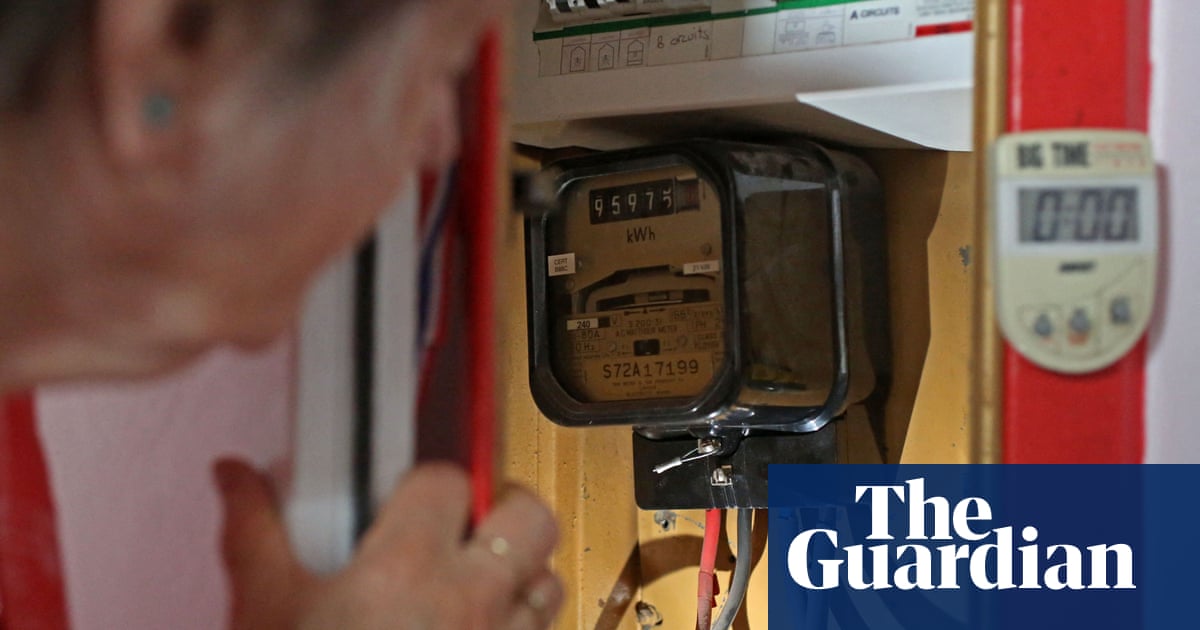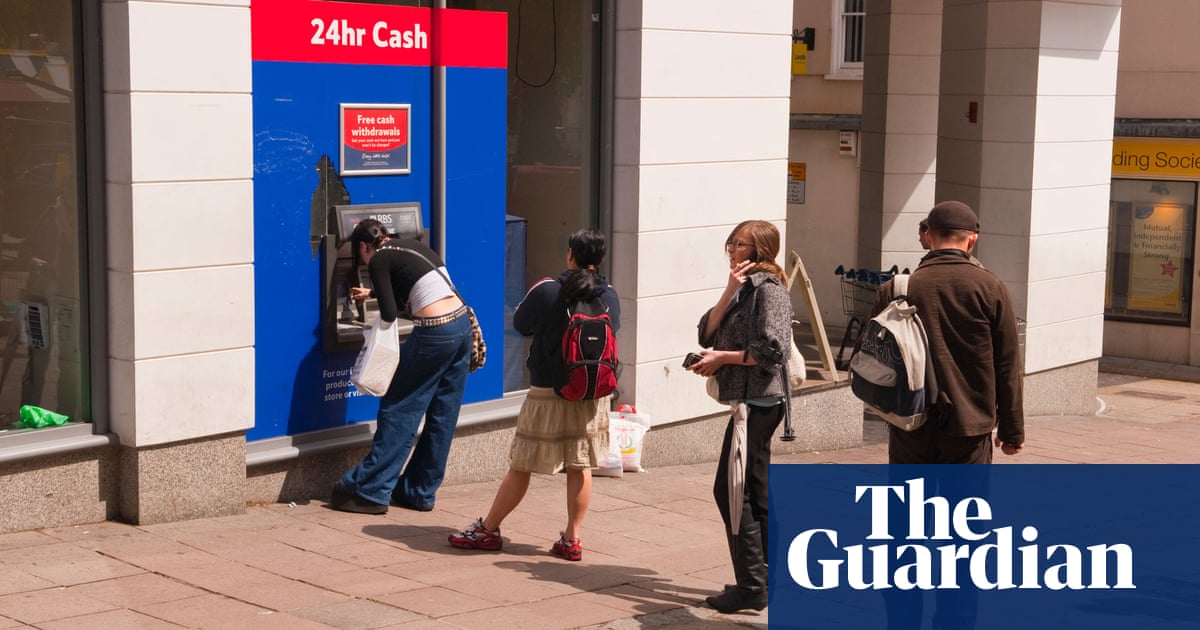
Britons must develop a spirit of “radical generosity” to prevent lives being lost because of soaring gas and electricity bills this winter, the head of the World Energy Council (WEC) has warned.
Angela Wilkinson, the secretary general of the WEC, said that failure to get communities across Britain pulling together over the colder months would “move [this] from a cost of living crisis to a cost of lives crisis”.
The WEC is a nonprofit industry network with more than 3,000 member organisations in about 90 countries, including government bodies, private and state corporations and academics.
Britain’s new prime minister, Liz Truss, last week announced plans to freeze energy bills expected to cost taxpayers more than £150bn, in one of the largest government interventions to shield households from sky-high gas and electricity costs.
But Wilkinson argued that while “pain relief” from the government over bills was needed, citizens needed to play their part. She said: “It should be a self-organised response to this energy crisis, not just a top-down government response.
“We shouldn’t expect governments to tell us what to do all the time. Society can better prepare and we can organise for it. In the second world war, there were community kitchens, which provided food.
“Now schools are providing food for kids. So there’s not just a shortage of community investment. There’s also a shortage of kindness and reciprocity. This is a time for radical generosity in the UK.”
Charities and consumer champions have warned that individuals taking action alone will not be enough to prevent millions from the risk of poverty this winter, given the dramatic scale of the increase in living costs. Inflation has reached the highest level since the early 1980s, while Britain faces the risk of a lengthy recession.
It has been estimated that the number of UK households in fuel poverty could more than double to 12 million in January without government action. The End Fuel Poverty Coalition said 42% of households would not be able to afford to adequately heat and power their homes from January.
The plans announced by Truss will limit the increase in gas and electricity bills for a typical household to £2,500. However, the figure is still more than double the level last winter.
Truss’s proposal will, though, prevent the cost of a typical bill reaching £3,549 from the start of October. Before it was abolished, some forecasts said the Ofgem price cap could have risen close to £7,000 next year, with Russia’s war in Ukraine exacerbating high wholesale energy prices.
Wilkinson said charity shops, hosting community bake sales and giving away toys for people unable to afford Christmas presents were among the ways citizens could help.
She said: “I know in my neighbourhood who will suffer most; I can go and knock on their door and say: ‘We have a warm house that’s free this weekend, come around.’ I know who the 84-year-old is in my neighbourhood who would benefit from that – I don’t need the government to tell me to do that.”
Governments across Europe have intervened to protect consumers from high prices, and the EU and UK are examining options to reform the wholesale energy markets to bring down bills.
There are concerns their actions will not be enough to fully insulate households this winter, particularly if Russia cuts off gas supplies into Europe, which could push up prices and even lead to blackouts.
Wilkinson said: “There’s going to have to be some social solidarity here – we’re going to have to find inclusive, bottom-up solutions, from a community level.”












